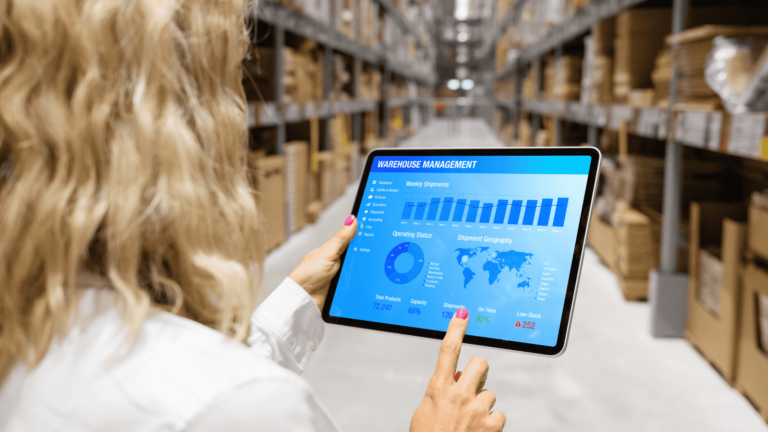Keeping an e-commerce store flexible adds to its profitability. It must correspondingly be adaptable based upon metrics such as product performance, target audience demographics, and strategies for promotion.
Upon integrating an e-commerce website with an ERP, a range of lucrative possibilities present themselves for marketers. Let us look at how marketers derive maximum value from ERP-integrated e-commerce:
Analytics
Data streamline marketing efforts and keep marketing focused, information related to customer behavior, abandoned carts and conversions should be updated continuously.
While e-commerce platforms are frequently created with reporting abilities, they are limited. A few of the essential metrics that they must essentially give an overview of include best-selling products, abandoned carts, and recent promotion.
Integration with Google Analytics gives even more information and insights related to individual product performance and customer behavior.
Google Analytics is one of the best available tools in terms of detailed reports, which feature search parameters and customizable variables. It renders access to comprehensive site data for marketers and defines separate marketing goals for each page. The goals may be associated with lead conversion or time spent by a visitor over a page.
An important advantage of an ERP-integrated solution is that it simplifies tracking key performance indicators (KPIs) which can easily be reviewed over an integrated system.
Content Management System (CMS)
Using analytics, marketers optimize successful strategies and let go of the ones that do not work. They must correspondingly be able to update web stores in real-time when the market shifts.
A solution with a built-in CMS hence makes the difference. It gives marketers the liberty to make adjustments to an e-commerce portal as and when required. An organization’s marketing team hence stays in full control and can respond to analytical insights in real-time.
SEO
Search Engine Optimization (SEO) drives more traffic to websites. A website’s search page ranking depends on several factors.
Front-end elements like website content are an important contributor to SEO rankings. Another factor that plays a role is off-site elements or the quality of websites that link back to you.
Back end elements include alt tags and Metadata, which help search- engines to gauge the relevance of your webpage.
It is therefore useful for an e-commerce platform to include SEO tools. They frequently come by as a part of the product catalog and the CMS. Using SEO tools, Metadata can be easily entered in intuitive text windows.
Dynamic Product Catalog
Optimizing product placement in an online store is as important as it is for a brick-and-mortar store. The product catalog must hence be maintained to be compelling. This simplifies access to relevant information for consumers.
A typical online shopper is going to spend time researching products before making a purchase. They compare specifications and prices, and well-presented product data keeps them engaged.
Similarly, while product descriptions help inform a customer about a product, they are feasible SEO tool as well. A few of the other important elements over a product page include high-quality multimedia elements, such as high-resolution images and videos.
Then, customers must have a chance at the rating and reviewing products. All these factors add to the customer delight and induce repeat customers, while they keep the webpage’s SEO rankings high.
Optimized Conversion Funnel
Any anomalies in the conversion funnel, such as a high cart abandonment rate are important to identify. KPIs and analytics are some important ERP features that help achieve the same.
This keeps the end customer experience positive and smooth. Similarly, an e-commerce portal should have powerful and multiple cross-category search functionalities.
It is best to have a single page checkout that auto-completes for returning customers to simplify sales. ERP-integrated e-commerce must also enable loyalty-building tools for marketers, such as personalized promotions.
These factors yield higher visibility for an e-commerce portal, keeping customers engaged and converting leads while inducing brand loyalty.
Conclusion:
In some ways, e-commerce is the best thing that ever happened to the market. As the name stands, eCommerce is a more revolutionized way of conducting smart business in today’s trend. E-commerce is all about customer experience these days and integrating your business with ERP will help to achieve that. Integrated ERP systems provide increased access to information and communication throughout your organization. Properly implemented ERP software can help the Management to know about the Business status. Make sure to deal with a reliable ERP solution provider. Target Integration is the trusted hub for ERP solution provider, who can give you a strategic edge over the other competitors. If you are thinking to take your business to the next level, Contact Us Today!



